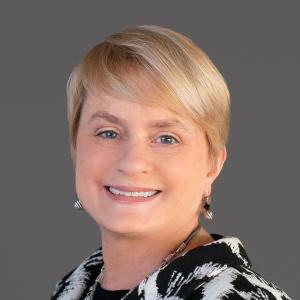The federal Department of Labor has provided some clarification regarding the small employer exemption from the new paid sick leave laws. This exemption only applies to an employee’s use of paid sick leave or expanded family medical leave to care for a child due to a school closure or the unavailability of a child care provider, and not to an employee’s use of emergency paid sick leave for an employee’s own quarantine/isolation/COVID-19-related medical treatment or care for another under quarantine/isolation. Employer obligations for the latter take effect April 1, 2020, regardless of employer size.
The following information on the small employer exemption is excerpted from the Department of Labor’s Frequently Asked Questions (FAQ) on the Families First Coronovirus Response Act, which is located here.
The information in this FAQ – including prior answers - is updated frequently, so all employers are encouraged to check it regularly.
Relevant to the small employers exemption, the FAQ now provides the following information:
Q. 58: When does the small business exemption apply to exclude a small business from the provisions of the Emergency Paid Sick Leave Act and Emergency Family and Medical Leave Expansion Act?
An employer, including a religious or nonprofit organization, with fewer than 50 employees (small business) is exempt from providing (a) paid sick leave due to school or place of care closures or child care provider unavailability for COVID-19 related reasons and (b) expanded family and medical leave due to school or place of care closures or child care provider unavailability for COVID-19 related reasons when doing so would jeopardize the viability of the small business as a going concern. A small business may claim this exemption if an authorized officer of the business has determined that:
- The provision of paid sick leave or expanded family and medical leave would result in the small business’s expenses and financial obligations exceeding available business revenues and cause the small business to cease operating at a minimal capacity;
- The absence of the employee or employees requesting paid sick leave or expanded family and medical leave would entail a substantial risk to the financial health or operational capabilities of the small business because of their specialized skills, knowledge of the business, or responsibilities; or
- There are not sufficient workers who are able, willing, and qualified, and who will be available at the time and place needed, to perform the labor or services provided by the employee or employees requesting paid sick leave or expanded family and medical leave, and these labor or services are needed for the small business to operate at a minimal capacity.
Q. 59: If I am a small business with fewer than 50 employees, am I exempt from the requirements to provide paid sick leave or expanded family and medical leave?
A small business is exempt from certain paid sick leave and expanded family and medical leave requirements if providing an employee such leave would jeopardize the viability of the business as a going concern. This means a small business is exempt from mandated paid sick leave or expanded family and medical leave requirements only if the:
- Employer employs fewer than 50 employees;
- Leave is requested because the child’s school or place of care is closed, or child care provider is unavailable, due to COVID-19 related reasons; and
- An authorized officer of the business has determined that at least one of the three conditions described in Question 58 is satisfied.
The Department encourages employers and employees to collaborate to reach the best solution for maintaining the business and ensuring employee safety.
The FAQ (Q.4) further provides that a small employer with less than 50 employees that wants to take advantage of this exemption should document why it meets the criteria set forth above.
The Department of Labor will be issuing regulations in the future (and, perhaps, additional guidance) providing further details. At this time, no documentation should be submitted to the Department of Labor regarding this exemption.
Melissa Calhoon Jones, chair of the labor and employment group, counsels companies on employment, labor, and immigration issues. For more information about these new amendments and other employment concerns, please contact her.
This has been prepared by Tydings for informational purposes only and does not constitute legal advice.
